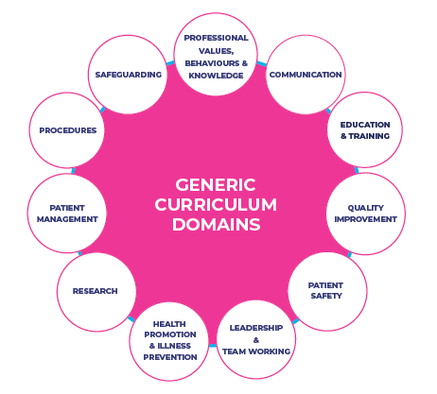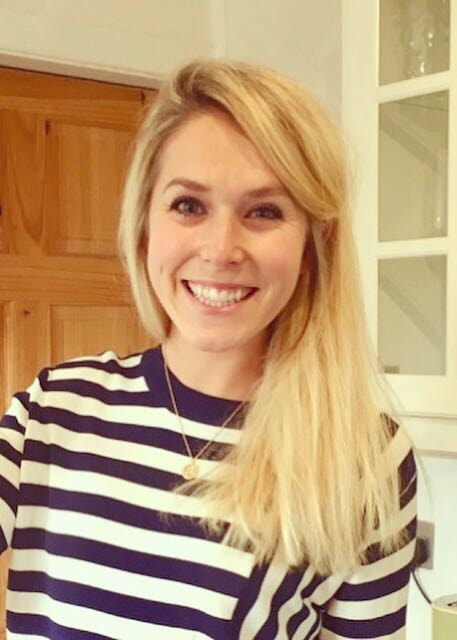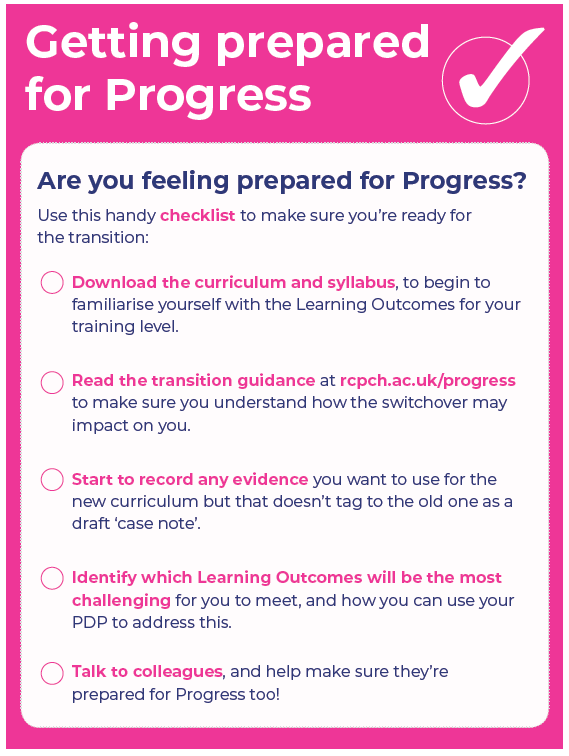|
Dr Tom Cromarty Editor Interests: Paediatric Emergency Medicine, Medical Engagement and Leadership, Simulation, Quality Improvement, Research Twitter: @Tomcromarty |
Welsh Research and Education Network
WREN BlogHot topics in research and medical education, in Wales and beyond
Dr Celyn Kenny Editor Interests: Neonates, Neurodevelopment, Sepsis, Media and Broadcasting Twitter: @Celynkenny |
|
Guest Post: Dr Roisin Begley Preparing for RCPCH Progress: What you need to know 2018 is the year of huge change in paediatric training with the introduction in August of the new RCPCH Progress Curriculum. All trainees will move from the current curriculum to RCPCH Progress, unless they are due to CCT before 15 September 2019. You will not need to re-demonstrate achievement of training levels already completed under the old curriculum ie Level 2 trainees will not need to evidence again that they have met the requirements of Level 1 training. Preparing for Progress: guidance and resources What is different about RCPCH Progress?  The new curriculum is based on a framework of learning outcomes as opposed to the current list of competencies, and incorporates the Generic Professional Capabilities the GMC expect of all doctors. Collecting evidence for an outcomes based curriculum will be very different from getting a competency signed off. This new approach will allow greater flexibility for you to demonstrate achievement. The curriculum comprises:
Example: LEVEL 1: Curriculum Learning Outcome 2
Key Capabilities
Illustrations 1. Effective working relationships: • Demonstrates skills and strategies for effectively consulting with babies, young children, adolescents and their families in such a way that the child or young person and their family feel able to talk about difficult or emotional issues. • Manages disruptive or antisocial behaviour in children, adolescents and families in clinical settings if it occurs. • Applies knowledge of how different factors influence a patient’s journey and how they may impact effective communication and cause anxiety about treatment and illness. • Communicates, with support, with parents and the rest of the family of a patient who has an acute or chronic illness, is hospitalised, or has died. • Discusses the indications, benefits and possible risks associated with a procedure to obtain informed consent from patients and parents or carers for a procedure that the trainee is competent themselves to perform. A comprehensive range of materials have been produced and are now available from the RCPCH Progress webpage. This webpage, www.rcpch.ac.uk/progress is regularly updated with additional resources and information. Opinions from those using Progress Dr Sophie Con, Wales Deanery Paediatric SHO
"The new curriculum is certainly more succinct than the last. It does take some time to find your way around it though. Sometimes you wish it would be more specific! I think it is more achievable to find an illustration for each point than the previous curriculum" Dr Tim Warlow, Paediatric Palliative Medicine Trainee, Wales Deanery “Our speciality was chosen alongside a small selection of others to trial the new RCPCH progress curriculum. You will be pleased to know that this is an immeasurable improvement on the old curriculum. There are key learning objectives within which are ‘key capabilities’. We link these to our portfolio entries. They are far fewer in number and much better worded than in the previous version. The whole layout and menu selection is much more intuitive, with submenus relating logically within their categories. This is a refreshing change from what was a baffling and frustrating previous system. In combination with what is a much better new portfolio in ‘kaizen’, it feels as through the portfolio might be becoming fit for purpose as a way of signposting our learning, helping us to monitor our progress, and enabling our supervisors to see a clearer picture of what we have been doing. Well done RCPCH!”
1 Comment
27/9/2018 05:23:33 am
In order for you to establish a family, marriage is required. The eternal bond between a man and woman should be present when you have plans to establish a family. Having a family out of wedlock has its own consequences – some of it includes the possibility of having a “legal” other partner because you are not married, the possibility of having an affair with another man or woman because again you are not married, and your children will be considered illegitimate. Marriage basically is the beginning of life-long commitment and the beginning of a family. We must respect the sanctity of marriage. Especially because during the weddings, couples vow in front of God.
Reply
Leave a Reply. |
Editors
Dr Annabel Greenwood Categories
All
|








 RSS Feed
RSS Feed
